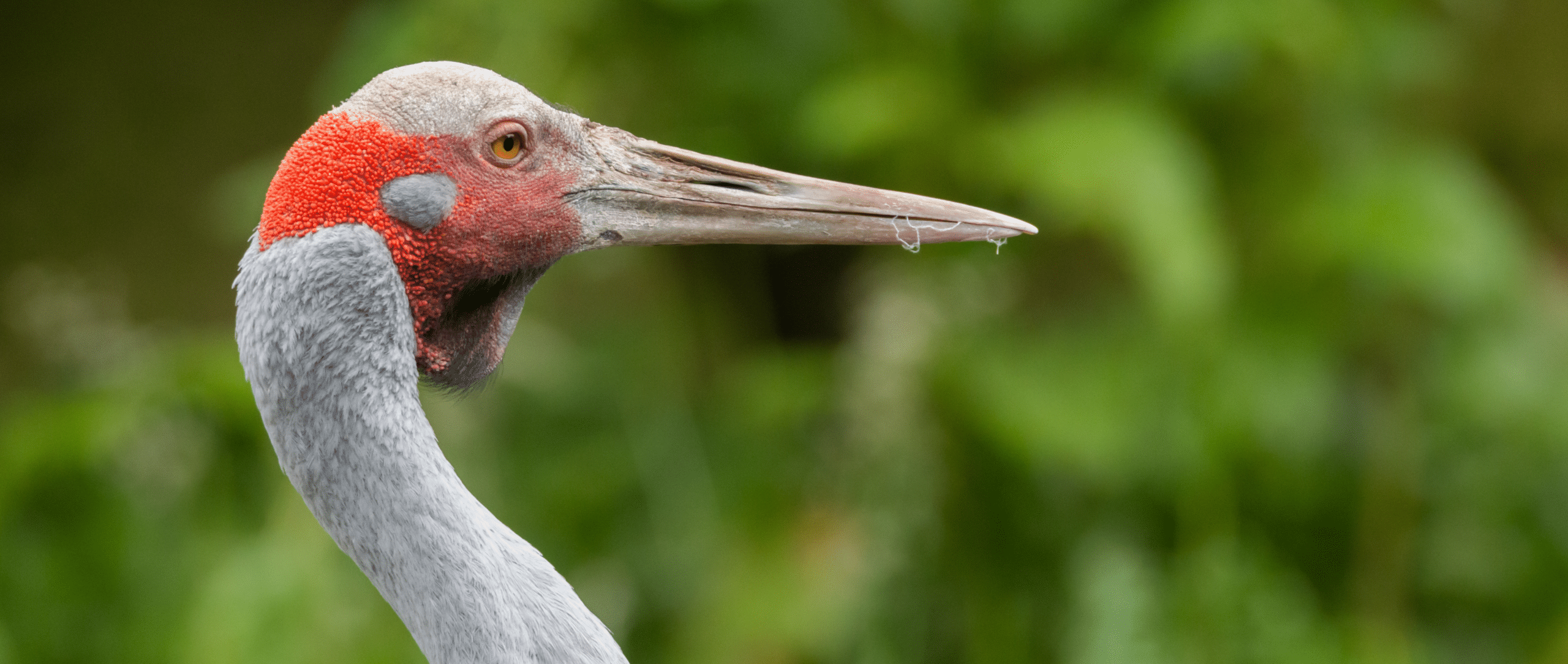SYDNEY (January 14, 2026)— Humane World for Animals Australia (previously known as Humane Society International Australia) is proud to have secured protection for two Murray Darling Basin wetland ecosystems under Australia’s new nature laws announced by Federal Environment Minister Murray Watt today. The Lower Murray, including the Coorong at the river mouth, and the Macquarie Marshes have both been listed as Critically Endangered “Threatened...
Humane Society International (HSI) asks countries to act swiftly on the recommendation to suspend trade in live wild mammals issued overnight by the WHO, OIE* and UNEP*.
The three global organisations have cooperated to call for an emergency suspension on trade in live wild mammals for food or breeding purposes and the closure of sections of food markets selling these animals to help prevent the emergence of another pandemic disease.
HSI issued a White Paper in April 2020 compiling the evidence for wildlife trade as a source of zoonotic diseases passed to humans. The White Paper was provided to governments worldwide calling for a ban on wildlife trade—noting the high risks from trading in mammals and birds in particular.
The WHO notes that 70% of emerging infectious diseases in humans originate in animals, and that globally, traditional markets play a central role in providing food and livelihoods for millions of people and banning the sale of these live wild mammals also protects the health of market workers and shoppers.
“COVID-19 has painfully illustrated just how deadly the wildlife trade can be, not just for the wild animals involved, but also for people throughout the world. Wildlife markets worldwide are a petri dish for the next global pandemic, so governments across the globe must do everything they can to prevent this from happening again, and that means banning this dangerous trade and helping those traders involved find alternative livelihoods as quickly as possible”, said Nicola Beynon Head of Campaigns for the Humane Society International Australia office.
In the year since COVID-19 devastated public health and economies, commentators have debated whether to ban or regulate wildlife trade.
“The world cannot afford to prevaricate and leave open the risk of a new disease emerging while deciding if they can regulate trading in wild animals safely. HSI is pleased the foremost recommendation from WHO, OIE and UNEP is for an immediate suspension of trade in live wild mammals for food and breeding purposes while risk assessments are conducted. HSI warns that trading and breeding wild mammals for food, fur, pets and medicine is always going to be high risk for public health, animal welfare and conservation”, concluded Ms Beynon.
Humane Society International commends the leadership role of Australia’s Chief Veterinary Officer, and current President of the OIE, Dr Mark Schipp on this issue.
Notes for Editors:
OIE – World Animal Health Organisation https://www.oie.int
UNEP – UN environment Programme https://www.unep.org


